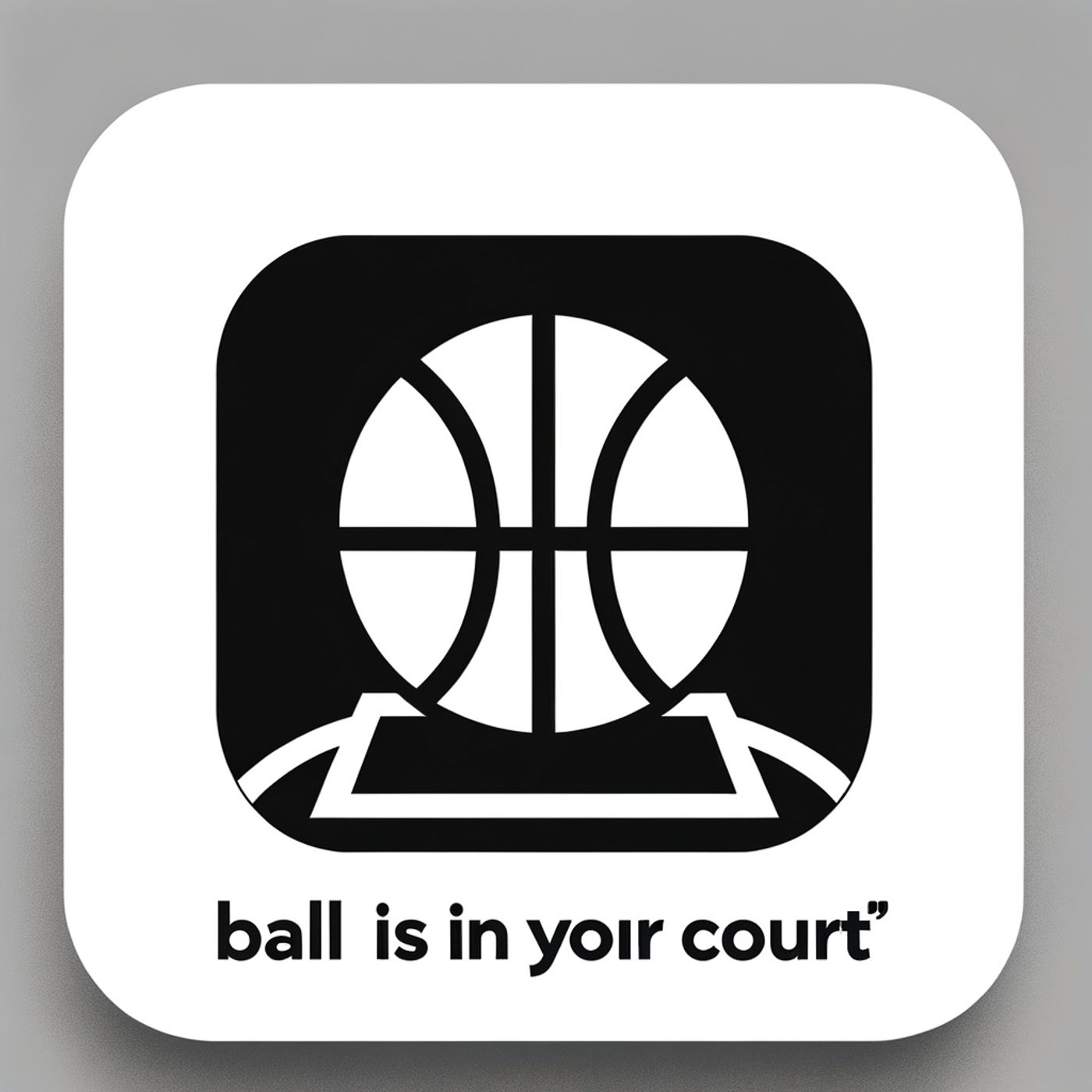Episode Details
Back to Episodes
The Ball Is in Your Court Decoding the Power of Personal Choice and Responsibility in Life Decisions
Published 4 months ago
Description
Listeners, the phrase the ball is in your court might be one you’ve heard in a boardroom or between friends, but its meaning cuts to the heart of how we understand responsibility and decision-making. Borrowed from tennis, the idiom marks the moment when it’s your turn to act—the next move is up to you. As Grammarist explains, when someone says the ball is in your court, they’re passing along not just an opportunity but the weight of choice.
Think about pivotal moments in life—a job offer waiting for your answer, a broken relationship resting on your willingness to forgive, or the simple act of replying to an important message. In each case, others have already played their part. Now, the responsibility shifts, and your decision holds the power to define what comes next. According to theidoms.com, this phrase became popular in the late 20th century, but its sports origins took on a wider resonance as we applied it to all manner of real-life decisions.
But what holds people back when the ball lands squarely in their court? Psychology gives us clues. As covered by Attain Behavioral Health, our decisions are rarely perfectly rational. Cognitive biases—like the tendency to seek information that confirms what we already believe—or powerful emotions like fear or hope, can nudge us toward action or paralyze us with indecision. The University of York’s research on decision-making found that context—the time pressure, the stakes, our own values and how information is framed—all shape whether we confront responsibility or let it slip by.
Consider the story of Naomi Osaka, who in 2021 stepped away from the French Open to prioritize her mental health, putting self-care above expectations. The world watched as she made a difficult call—her decision had ripple effects in sports, mental health advocacy, and beyond. Another example is the countless entrepreneurs who’ve had to decide whether to pursue a risky idea or stick to the safe path; for many, that single, brave choice is what make or breaks their legacy.
Ultimately, when the ball is in your court, action or inaction both carry consequences. Owning your role as decision-maker, no matter the pressure, is how stories are written—both personal and shared. The next move is yours.
This content was created in partnership and with the help of Artificial Intelligence AI
Think about pivotal moments in life—a job offer waiting for your answer, a broken relationship resting on your willingness to forgive, or the simple act of replying to an important message. In each case, others have already played their part. Now, the responsibility shifts, and your decision holds the power to define what comes next. According to theidoms.com, this phrase became popular in the late 20th century, but its sports origins took on a wider resonance as we applied it to all manner of real-life decisions.
But what holds people back when the ball lands squarely in their court? Psychology gives us clues. As covered by Attain Behavioral Health, our decisions are rarely perfectly rational. Cognitive biases—like the tendency to seek information that confirms what we already believe—or powerful emotions like fear or hope, can nudge us toward action or paralyze us with indecision. The University of York’s research on decision-making found that context—the time pressure, the stakes, our own values and how information is framed—all shape whether we confront responsibility or let it slip by.
Consider the story of Naomi Osaka, who in 2021 stepped away from the French Open to prioritize her mental health, putting self-care above expectations. The world watched as she made a difficult call—her decision had ripple effects in sports, mental health advocacy, and beyond. Another example is the countless entrepreneurs who’ve had to decide whether to pursue a risky idea or stick to the safe path; for many, that single, brave choice is what make or breaks their legacy.
Ultimately, when the ball is in your court, action or inaction both carry consequences. Owning your role as decision-maker, no matter the pressure, is how stories are written—both personal and shared. The next move is yours.
This content was created in partnership and with the help of Artificial Intelligence AI